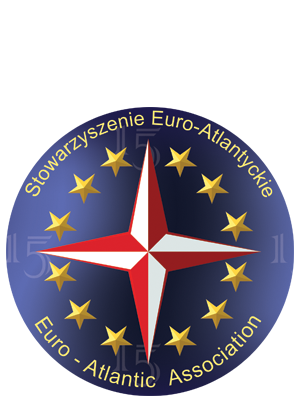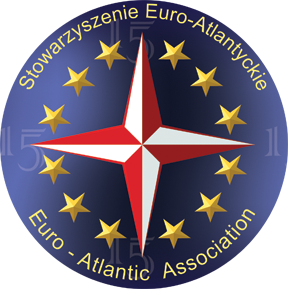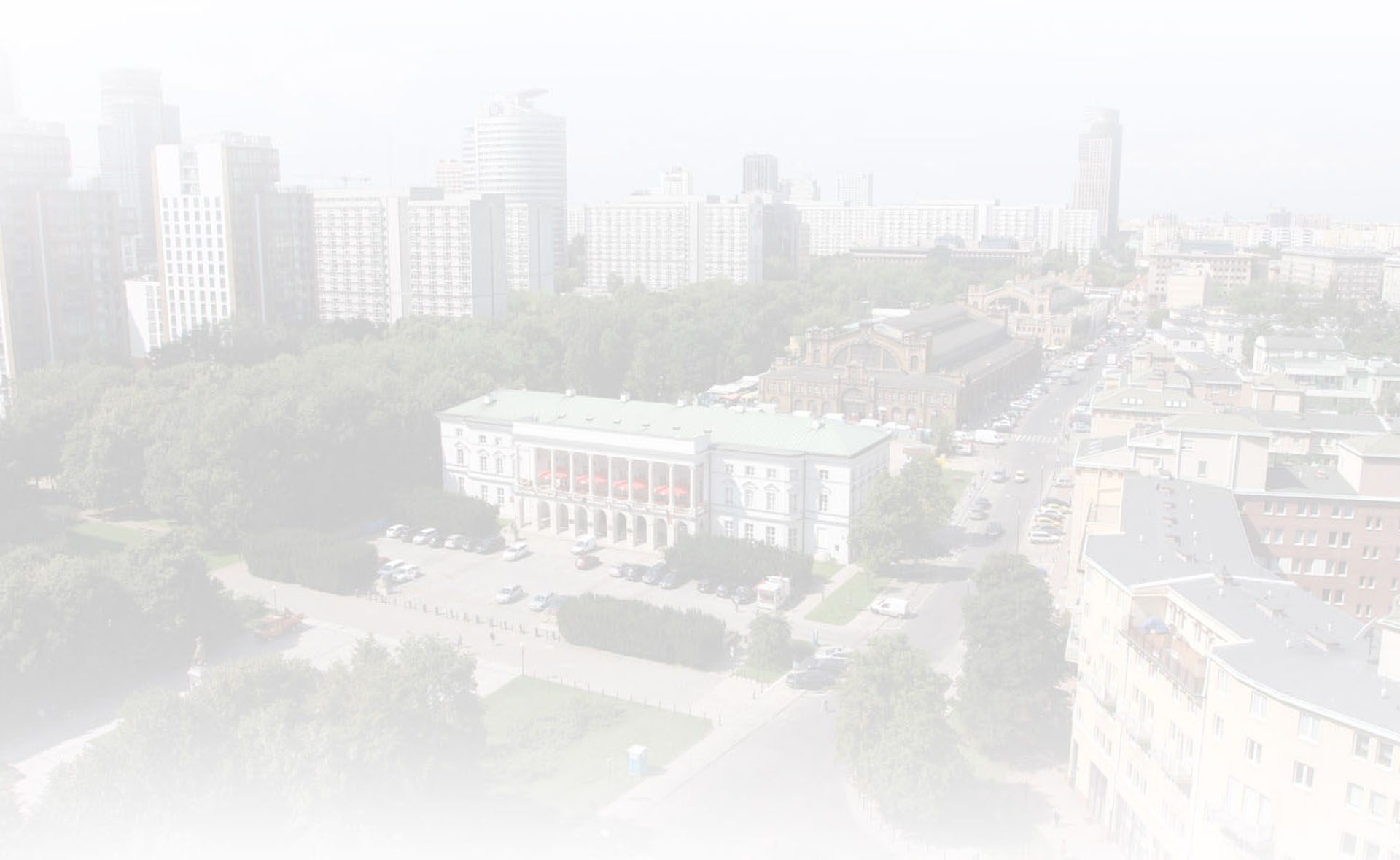Polish Parliamentary Elections followed through Facebook disinformation channels
The initial research regarding pro-Kremlin disinformation and propaganda in the context of the election to the Polish parliament shows that so far there is less activity in this regard than during the campaign in the run-up to the European Parliament elections. Could this be to the predictability of the outcome?
Several days prior to election day, both parties/coalitions leading in the polls are being targeted with negative comments on Facebook. Koalicja Obywatelska (Civic Coalition), which is second in all of the available polls, was portrayed negatively 24 times, while the favourite to win on the 13th of October – the ruling Prawo i Sprawiedliwość (Law and Justice) party, received 15 negative posts from the analysed channels. Other parties/coalitions were almost ignored by the monitored outlets.
While the number of particular narratives is rather negligible in terms of their quantity and impact, the most prevalent manipulation technique used by the analysed disinformation Facebook pages concerning the upcoming parliamentary election, involves mocking
particular candidates (10 posts) or attacking them personally (6 posts).
The data was collected between 1.9.2019 and 6.10.2019 from 14 relevant Facebook pages, identified as producing disinformation content and pro-Kremlin narratives: Sputnik Polska, Niezależny Dziennik Polityczny, Wolna Polska Wiadomości, Kresy.pl, Xportal.pl, namzalezy.pl, NEon24, zmianynaziemi.pl, Wolna Polska, Anonymous Info Army Poland, konserwatyzm.pl, Alternews.pl, Stowarzyszenie Klub Inteligencji Polskiej, and Polska Niepodległa. The data was filtered through the term ‘wybor’ (‘election’), and then labelled based on the sentiment toward a party/coalition and the most prevalent narratives/manipulation techniques identified. This report will be followed by a more in-depth study in November, which will cover the whole period of the electoral campaign.
Read the policy brief: Polish Parliamentary Elections followed through Facebook.pdf
The Euro-Atlantic Association is a partner organisation in a project entitled “Strengthening Public Diplomacy in Central Europe“. The project is supported by the National Endowment for Democracy and coordinated by Globsec.
SEE ALSO: monitoring of Facebook outlets before the elections to the European Parliament: https://sea.org.pl/en/publications/






Sorry, the comment form is closed at this time.